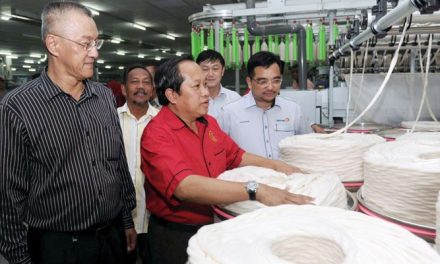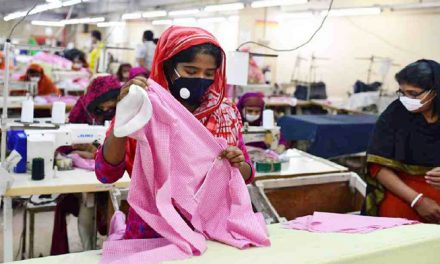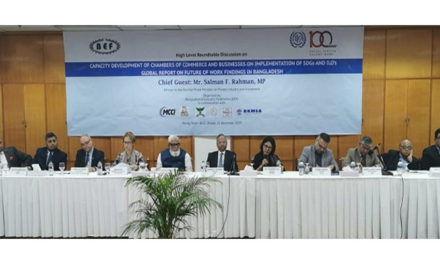In direct correlation with an increased appetite for sustainable apparel amongst consumers, brands are doing more to improve their environmental credentials. There is, however, according to The NPG Group, still a long way to go in order to sufficiently educate shoppers on the nuanced issues surrounding sustainability in the fashion industry. An increasing number of consumers are said to be seeking out sustainably-produced apparel; a statement supported by the NPD figure that nearly a quarter of US adult consumers claim to have purchased ‘sustainable apparel’. There does still, however, appear to be a gap between brands’ sustainability initiatives and customer understanding of such efforts.
NPD believes that consumer education is vital for the fashion industry to advance, with the topic of better informing shoppers among the issues raised at a recent panel discussion hosted by NPD and the Fashion Institute of Technology (FIT) in New York City. The panel, moderated by NPD’s chief industry advisor, Marshal Cohen, featured: Vanessa Urenda, co-Founder of Lamini; Taryn Hipwell, founder of Beyond the Label; Valérie Martin, Vice President of global communications & culture at ALDO Group; and Sabra Krock, creative Director and co-Owner, Everything But Water.
While the grey areas around the definition of sustainability are, as the panelists quite rightly asserted, different from one individual to the next, the participants united in the idea that consumers understanding the fashion industry’s overall goal of creating a supply chain that is environmentally and socially conscious is paramount. “Sustainability will continue to be an important topic for consumers and the industry in the years to come,” Cohen noted.
“To attract consumers, particularly young adults and women, apparel brands and retailers will need to stay in touch with social responsibility issues, and educate and inform their customers with clear messaging and labelling about their sustainability efforts,” he continued, “Brands can’t rely on the fine print on the inside label, it needs to be woven into the ‘fabric’ of the brand.” When NPD asked consumers to cite their main social concern when considering apparel production, 29 per cent said human rights and fair wages for workers in the supply chain. Human rights ranked significantly higher than concerns about toxic dyes and chemicals, animal welfare, minimising waste, and global warming.
Around one third of respondents saying a brand’s social responsibility and social position are extremely important to their purchase decision. The study also found that young adult consumers (aged between 18 and 34) are most inclined to spend more on what they consider to be sustainable apparel, with 33 per cent of women stating they would pay more for clothing that was described as sustainable, eco-friendly, organic, or ethical. There were, however, two thirds of consumers surveyed that indicated they were not willing to pay more for sustainability; indicating they would look for that to be included as part of a brand’s social responsibility.


















